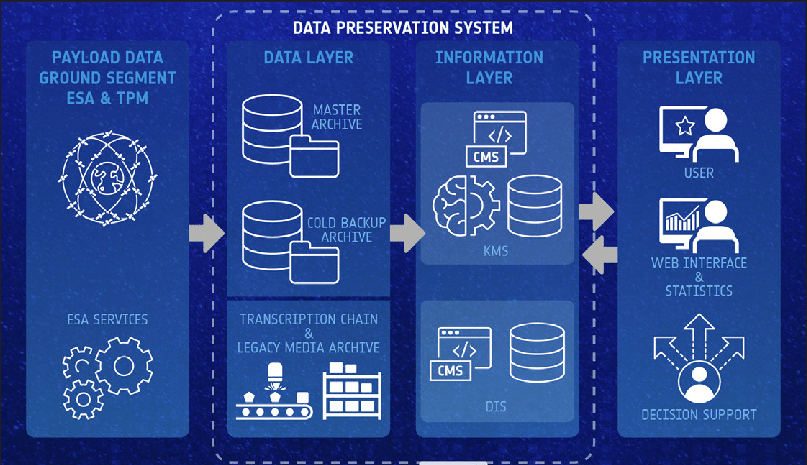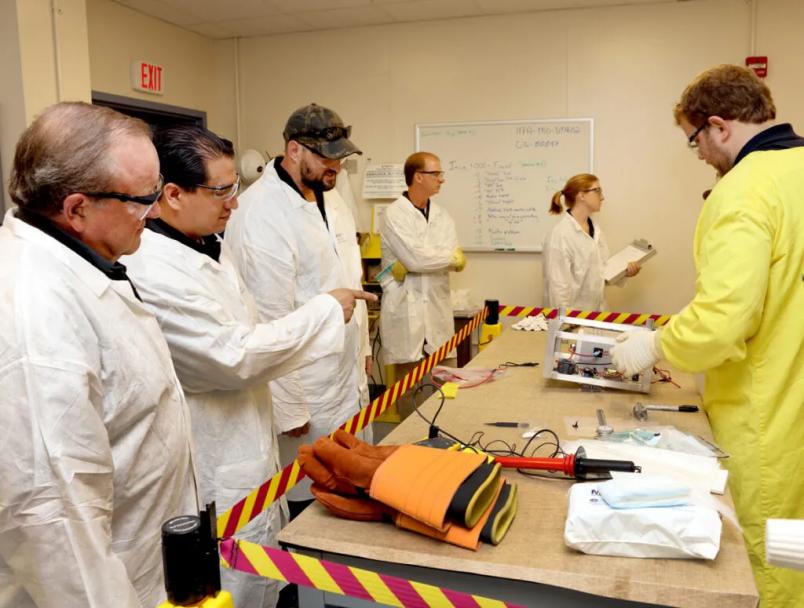Forensic investigation is a vital profession that includes the methodical collecting and examination of evidence to discover facts in legal, criminal, or civil actions. The heart of this method resides in its rigorous approach to evidence processing, which includes identification, preservation, inspection, and reporting. Each phase is critical to ensuring the integrity of the inquiry, making the examination process essential.
The major goal of this article is to explain the stages that a forensic investigator conducts throughout an examination. By breaking down each process, we want to emphasize the accuracy and importance of this function in generating precise and dependable results in forensic analysis. This debate not only informs but also highlights the significant influence that comprehensive forensic methods have on the legal system.






